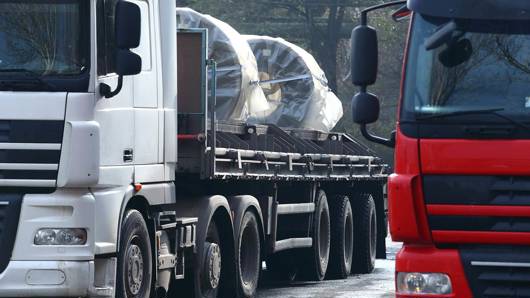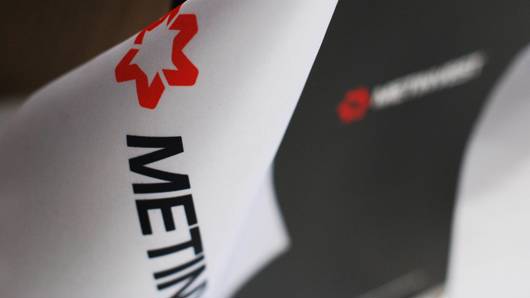Based on the results in April, Kamet Steel's BOF shop leads in terms of efficiency, having contributed $0.95 million toward the team goal. One of the major drivers of success is the steelmaking technology with scrap pre-heating the steemakers have been consistently developing and improving this year.

Denys Yeskov
What makes this effective steelmaking technology with pre-heating different is that immediately after the scrap is charged into a BOF vessel and prior to feeding the hot metal, the scrap is heated with oxygen and using the gas coal. This allows increasing the use of scrap while reducing the consumption of the hot metal for steel production and, hence, the cost of production.
Process specialists put in a lot of effort and knowledge to develop and implement this technology in Kamet Steel's BOF shop. They meticulously selected the heat parameters, volumes of oxygen and gas coal for pre-heating, optimal scrap pre-heating conditions to avoid the development of the liquid phase during the charging of the hot metal, and blowing parameters.
Occupational safety is very important: the number of tilting operations during pre-heating is carefully determined to ensure complete combustion of the coal and to eliminate the possibility of thermal emissions from the vessel when charging the hot metal.
The tried-and-true technology has proven cost-effective and able to ensure the parameters and quality requirements for the BOF steel. As such, the steelmakers continue to develop and improve what has been achieved so far by systematically increasing the share of the melts with scrap pre-heating and reducing the consumption of the hot metal for steel production.
"We have gradually reduced the consumption of the hot metal from 870 to 839 kilograms per tonne of the steel produced due to the successful implementation of the steelmaking technology with scrap pre-heating. We are not standing still and are developing this area, primarily by expanding the range of steels that can be produced with pre-heating. This year, we have managed to reduce the consumption of the hot metal even in the production of the regulated steel grades, including high-carbon and low-silicon steel grades. The experimental sampling method proved that the preheating of the melts does not result in deterioration of performance of such grades in terms of technology and quality, so we see additional opportunities for the BOF shop to improve operational efficiency through such technological measures," said Denys YESKOV, BOF Shop Manager.










